Friends and family can often be very helpful during times of stress and change, but sometimes you just need someone who knows more about what you are experiencing and has training in how to help. CEDAR clinicians are here to talk with you, sort out what may be happening, and help you through this time. We have experience helping young people with similar problems and are trained to help you cope and move forward with your life.
Individual Therapy May Help With

Trouble getting up for school or doing schoolwork.
“I plan to get up each morning but somehow when the alarm rings, I just can’t get myself going. I just want to roll over and go back to sleep.”

Feeling like your mind is playing tricks on you.
“I feel like people are whispering behind my back all the time. I can’t shake it and wish I could make it stop.”

Deciding whether to try medications.
“My doctor says that a little bit of medication might help me concentrate and sleep better but I’m not sure how I feel about trying it.”
Clinicians May Also Help With
- Supporting you through this time
- Sharing information to help understand what may be happening
- Problem-solving your specific situation
- Teaching strategies for coping with and reducing symptoms and for making your life more of what you want it to be (find a job, find a partner, get out of the house)
Individual therapy provided at CEDAR can include a few different therapy approaches. You and your clinician will work as a team on strategies to better manage what you’re experiencing so you can reach your goals.
Cognitive Behavioral Therapy (CBT)
CBT has been shown to be particularly helpful with problems such as depression, anxiety, and psychotic-like symptoms. It focuses on the connection between thoughts, emotions, and behaviors, and is focused primarily on the “here and now” rather than the past.
Dialectical Behavioral Therapy (DBT)
DBT was developed to help individuals with intense emotional experiences, identity struggles, and relationship difficulties, and has been expanded to treat these difficulties in many clinical populations.
Acceptance and Commitment Therapy (ACT)
ACT has been found to be particularly helpful for anxiety, OCD, and related symptoms. It emphasizes acceptance of current experiences and values-based action.
